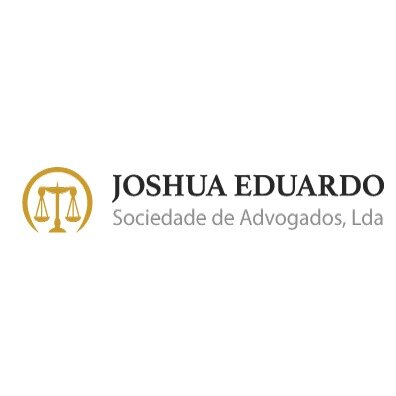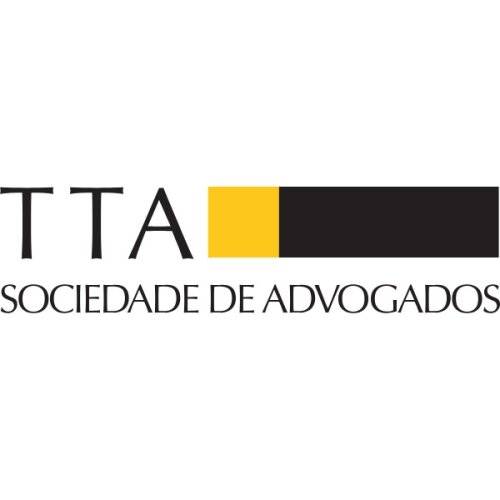Best Trusts Lawyers in Mozambique
Share your needs with us, get contacted by law firms.
Free. Takes 2 min.
Or refine your search by selecting a city:
List of the best lawyers in Mozambique
About Trusts Law in Mozambique
In Mozambique, the concept of Trusts is gradually finding acceptance as the economy and legal frameworks evolve. Historically, Mozambique's legal system has been influenced by Portuguese law, and Trust law is an area still developing in this context. Trusts involve arrangements where one party, the trustee, holds assets for the benefit of another, the beneficiary. The increasing interest in trusts in Mozambique comes from both personal estate planning and business asset management perspectives, allowing for more structured and beneficial management of assets.
Why You May Need a Lawyer
Legal assistance becomes crucial when navigating Trusts in Mozambique for several reasons. Firstly, setting up a Trust requires a clear understanding of your objectives and how local laws apply to them. Secondly, managing a Trust demands adherence to legal obligations and efficient administration. Common situations where a lawyer's expertise is indispensable include estate planning, protecting family wealth, charitable giving, business succession planning, and resolving disputes involving Trusts. A lawyer can help ensure that all legal requirements are met and that your Trust operates smoothly.
Local Laws Overview
Mozambique's legal framework for Trusts is not as developed as in other jurisdictions, but certain fundamental aspects are pivotal. Trust laws typically involve legal recognition of the Trust deed, which outlines the terms and conditions of the Trust. Trusts must comply with Mozambican civil and commercial laws, particularly regarding property ownership and inheritance rights. Privacy laws and tax regulations also play significant roles in managing a Trust. Understanding these laws helps in structuring a Trust that is legally compliant and financially efficient.
Frequently Asked Questions
What is a Trust?
A Trust is a legal arrangement where one party (trustee) holds and manages assets for the benefit of another party (beneficiary).
Is it necessary to register a Trust in Mozambique?
Currently, Mozambique does not have a mandatory registration system for Trusts, but it's prudent to consult a lawyer to ensure compliance with related laws.
Can foreigners establish Trusts in Mozambique?
Yes, foreigners can establish Trusts in Mozambique, but they must adhere to the relevant legal frameworks applicable to property and civil law.
What types of assets can be included in a Trust?
Assets typically placed in a Trust include real estate, bank accounts, stocks, bonds, and business interests, subject to compliance with Mozambican law.
How is a Trust beneficial for estate planning?
Trusts can provide effective estate planning by ensuring assets are managed and distributed according to the settlor's wishes, offering protection against taxes and legal challenges.
What is the role of a trustee?
The trustee is responsible for managing the trust's assets, adhering to the terms of the Trust deed, and acting in the best interest of the beneficiaries.
Do Trusts protect from creditors in Mozambique?
A well-structured Trust can offer some protection against creditors, but it should not be used solely for asset protection. Legal advice is recommended.
Are Trusts subject to taxation in Mozambique?
Trust income may be subject to taxation, and it is important to understand both the immediate and long-term tax implications when establishing a Trust.
Can a Trust be contested?
Yes, Trusts can be contested, especially if there are concerns around the validity of the Trust deed, the conduct of the trustee, or the interpretation of terms.
How can a Trust be terminated?
A Trust can be terminated either according to the terms specified in the Trust deed or through court intervention if it is deemed necessary.
Additional Resources
For further guidance, consider contacting the Ministry of Justice in Mozambique, which can offer regulatory insights. The Mozambican Bar Association may also provide referrals to legal professionals specializing in Trusts. Additionally, international legal firms operating in Mozambique can offer resources and support tailored to your needs.
Next Steps
If you require legal assistance with Trusts, begin by consulting a qualified lawyer or law firm specializing in Mozambican Trusts law. Prepare a comprehensive list of your assets and objectives and schedule a consultation. Legal professionals can offer tailored advice, helping you navigate regulatory obligations and optimize your Trust arrangements for maximum benefit and compliance.
Lawzana helps you find the best lawyers and law firms in Mozambique through a curated and pre-screened list of qualified legal professionals. Our platform offers rankings and detailed profiles of attorneys and law firms, allowing you to compare based on practice areas, including Trusts, experience, and client feedback.
Each profile includes a description of the firm's areas of practice, client reviews, team members and partners, year of establishment, spoken languages, office locations, contact information, social media presence, and any published articles or resources. Most firms on our platform speak English and are experienced in both local and international legal matters.
Get a quote from top-rated law firms in Mozambique — quickly, securely, and without unnecessary hassle.
Disclaimer:
The information provided on this page is for general informational purposes only and does not constitute legal advice. While we strive to ensure the accuracy and relevance of the content, legal information may change over time, and interpretations of the law can vary. You should always consult with a qualified legal professional for advice specific to your situation.
We disclaim all liability for actions taken or not taken based on the content of this page. If you believe any information is incorrect or outdated, please contact us, and we will review and update it where appropriate.
Browse trusts law firms by city in Mozambique
Refine your search by selecting a city.









